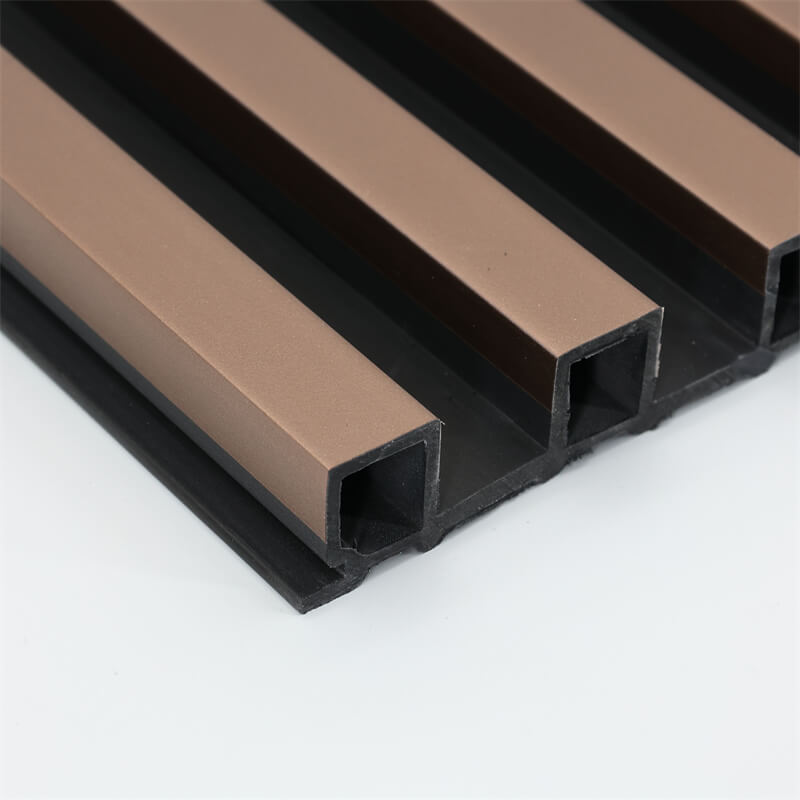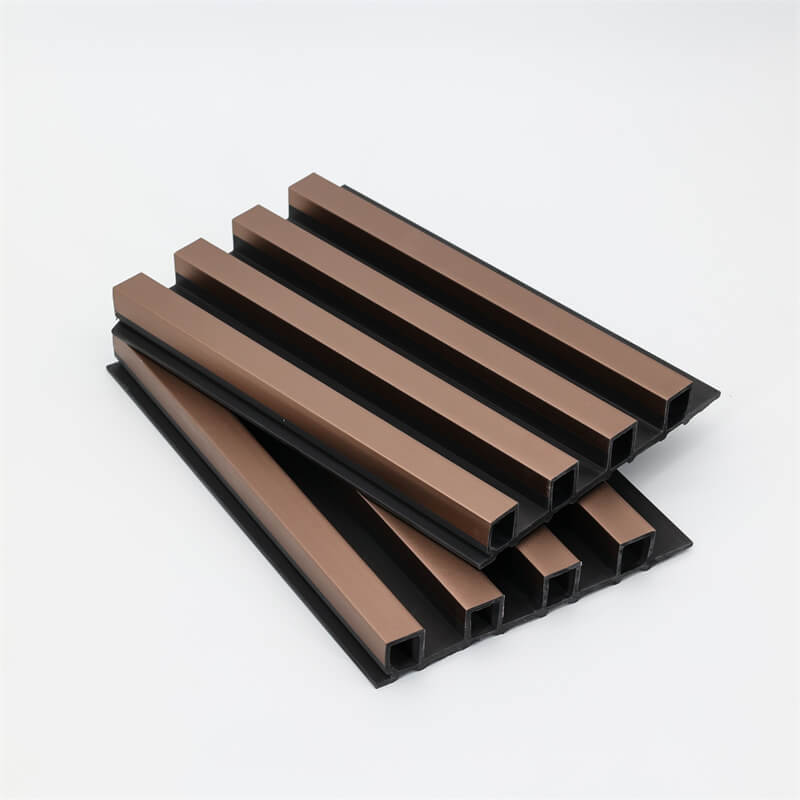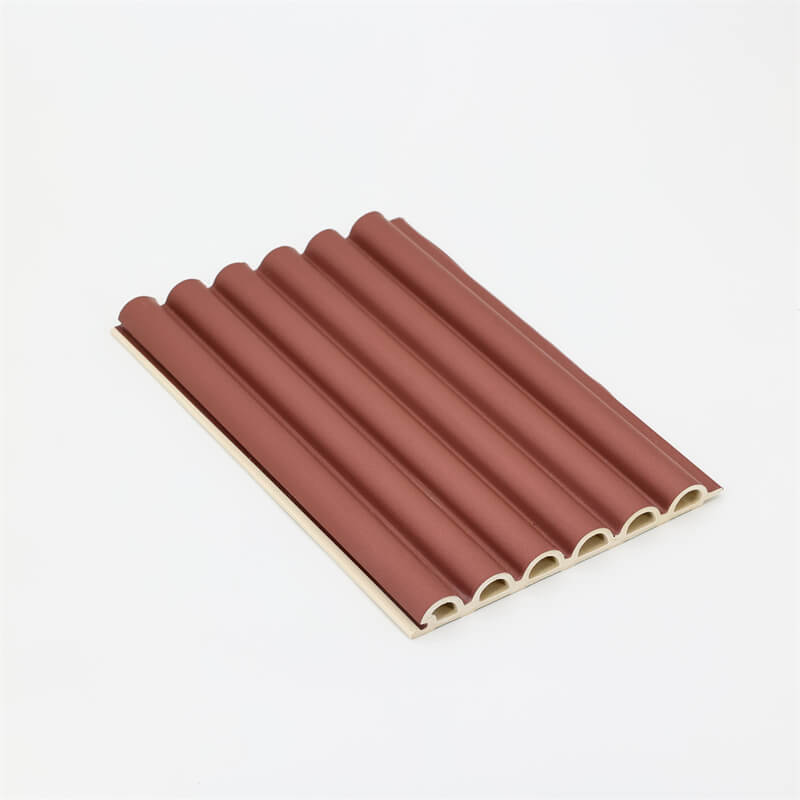
As the world becomes increasingly conscious of environmental issues, sustainable design practices have gained significant importance in various industries, including construction and interior design.
WPC (Wood Plastic Composite) wall panels have emerged as a sustainable alternative to traditional wall cladding materials.
These panels offer a range of environmental benefits, making them an attractive choice for those seeking to create eco-friendly and sustainable spaces.
In this article, we will explore the environmental advantages of WPC wall panels and how they contribute to the creation of sustainable spaces.
Use of Recycled Materials
One of the significant environmental benefits of WPC wall panels lies in their composition.
WPC panels are typically manufactured using a combination of recycled wood fibers and recycled plastic.
The wood fibers are often sourced from by-products of the timber industry or post-consumer wood waste, while the plastic component can come from recycled plastic bottles or other plastic waste.
By utilizing these recycled materials, WPC panels help reduce the demand for virgin materials and divert waste from landfills, contributing to a circular economy and minimizing the extraction of natural resources.

Reduced Carbon Footprint
The production of WPC wall panels has a lower carbon footprint compared to traditional materials.
The use of recycled materials reduces the energy required for manufacturing and decreases greenhouse gas emissions associated with the production process.
Additionally, the lightweight nature of WPC panels reduces transportation-related carbon emissions during distribution.
By choosing WPC wall panels, designers and homeowners can significantly reduce the environmental impact of their projects and contribute to the overall goal of mitigating climate change.
Durability and Longevity
WPC wall panels offer exceptional durability and longevity, which further enhance their environmental benefits.
Unlike materials such as wood or gypsum board, WPC panels are highly resistant to moisture, rot, and insect infestation.
This inherent durability means that WPC panels have a longer lifespan and require less frequent replacement or maintenance.
By reducing the need for frequent replacements, WPC panels help conserve resources and reduce waste generation, making them a sustainable choice for wall cladding applications.

Low Maintenance Requirements
Maintenance plays a crucial role in the sustainability of any material.
WPC wall panels have the advantage of low maintenance requirements compared to traditional materials.
Unlike wood, which requires regular staining, sealing, and painting, WPC panels do not require such treatments to maintain their appearance and integrity.
Cleaning WPC panels is as simple as using mild detergent and water, eliminating the need for harsh chemical cleaners.
The low maintenance nature of WPC panels reduces the use of environmentally harmful cleaning agents and further contributes to the overall sustainability of the space.
Recyclability and End-of-Life Considerations
At the end of their lifespan, WPC wall panels can be recycled, further closing the loop on their environmental impact.
WPC panels can be ground down and used as feedstock for new panels or other WPC products.
The recyclability of WPC panels ensures that they do not end up in landfills, reducing waste and promoting a circular economy.
Designers and homeowners can actively participate in the recycling process by working with recycling programs or manufacturers that accept and process WPC panels at the end of their life cycle.
WPC wall panels offer a range of environmental benefits, making them an excellent choice for creating sustainable spaces.
The use of recycled materials, reduced carbon footprint, durability, low maintenance requirements, and recyclability of WPC panels contribute to their overall sustainability.
By incorporating WPC wall panels into construction and interior design projects, we can minimize the environmental impact, conserve resources, and promote a more sustainable future.
Embrace the environmental benefits of WPC wall panels to create sustainable and eco-friendly spaces that contribute to a greener planet.
